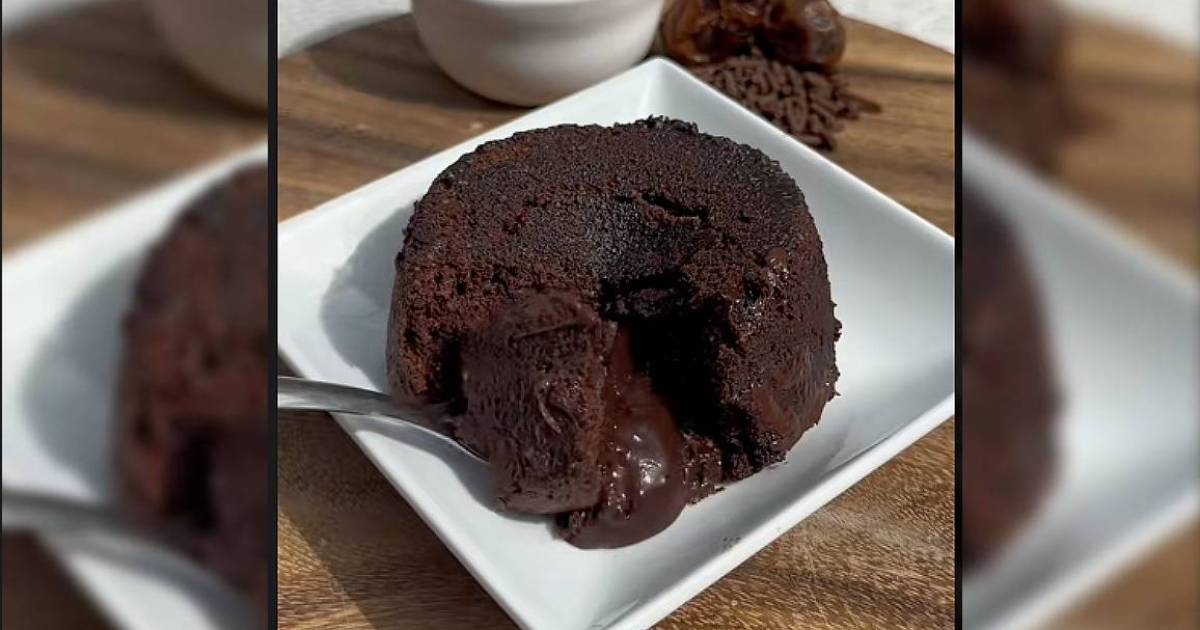Don't Be Fooled! Viral Recipes Might Be Hiding Unhealthy Claims

Scrolling through social media, you've likely stumbled upon a recipe promising incredible weight loss or a surge of energy, all thanks to a clever combination of ingredients. These viral recipes, often boasting high protein and low calories, are tempting, but experts are sounding a warning: don't believe everything you see online. It's crucial to look beyond the hype and critically evaluate the health claims attached to these trends.
The Rise of Viral Food Trends
The internet has democratised cooking, allowing anyone to share their culinary creations with a global audience. Platforms like TikTok and Instagram have become breeding grounds for viral food trends, with recipes spreading like wildfire. While this accessibility can be inspiring, it also creates an environment where unsubstantiated health claims can flourish.
The Problem with Unverified Claims
Many of these viral recipes are promoted with bold assertions about their health benefits. Terms like “detox,” “fat-burning,” and “superfood” are liberally thrown around, often without any scientific backing. A recipe might claim to boost metabolism, cleanse your system, or provide a significant dose of essential nutrients – but are these claims actually true?
“The issue is that people are often taking these recipes at face value,” explains registered dietitian, Sarah Miller. “They see a visually appealing video, read a few glowing comments, and assume it must be good for them. It’s important to remember that a recipe going viral doesn't automatically equate to healthiness.”
High Protein, Low Calorie - Is It Always Good?
While high-protein and low-calorie diets can be part of a healthy eating plan, they aren’t a magic bullet. Simply reducing calories without considering nutritional balance can lead to deficiencies and even rebound weight gain. Similarly, focusing solely on protein can neglect the importance of carbohydrates and healthy fats, which are vital for energy and overall wellbeing.
Furthermore, the quality of ingredients matters. A recipe might be low in calories but high in processed ingredients, artificial sweeteners, or unhealthy fats. Reading the ingredient list carefully is essential.
Beyond the Hype: What to Look For
So, how can you navigate the world of viral recipes and make informed choices? Here are a few tips:
- Be Skeptical of Bold Claims: If a recipe promises miraculous results, proceed with caution.
- Check the Source: Is the recipe from a reputable website or a qualified nutritionist?
- Read the Ingredient List: Focus on whole, unprocessed foods.
- Consider Nutritional Balance: Does the recipe provide a good balance of protein, carbohydrates, and healthy fats?
- Consult a Professional: If you have specific health concerns, talk to a registered dietitian or healthcare provider.
The Takeaway
Viral recipes can be a fun way to try new things in the kitchen, but it's crucial to approach them with a healthy dose of skepticism. Don't let the allure of quick fixes and social media hype cloud your judgment. Focus on building a balanced, sustainable eating plan based on credible information and expert advice, rather than fleeting trends. Your health is too important to gamble on a viral recipe.






